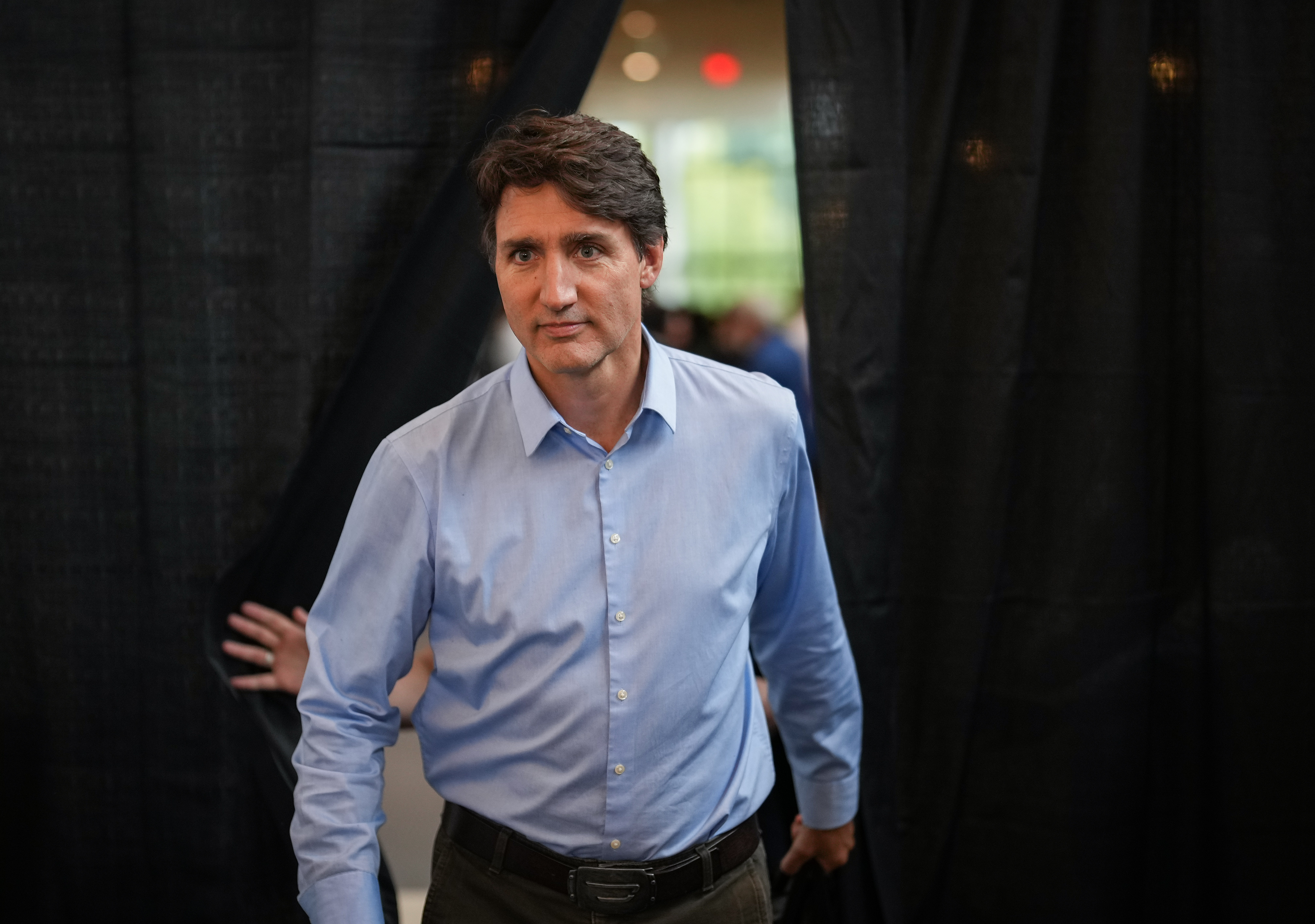
The Liberal Crisis: Trudeau Faces Growing Dissent Over Carbon Tax and Communication Strategy
The political landscape in Canada is experiencing significant upheaval as the Liberal Party confronts a growing revolt against Prime Minister Justin Trudeau. This discontent stems from multiple factors, primarily centered around Trudeau's leadership, ineffective communication strategies, and the controversial carbon tax policy. With recent polls indicating that the Liberals could be facing a rout in the upcoming elections, the pressure on Trudeau is mounting, and many party members are voicing their frustrations.
The Liberal caucus, initially buoyed by the potential for a recovery during a retreat in St. Andrews, New Brunswick, in the summer of 2022, now finds itself grappling with the stark reality of polling that shows them trailing the newly elected Conservative leader, Pierre Poilievre, by a staggering 20 points. The optimism that once filled the room has been replaced with anxiety and panic. Many Liberal MPs, once confident in their prospects, now fear that their political futures are tied to the unpopularity of a leader who had previously helped them secure victory in 2015.
Also Read:- Remembering Bruce Murray: A Heartfelt Tribute to a Beloved Home and Away Veteran
- Amber Anderson and Connor Swindells Tie the Knot in a Scottish Highlands Fairytale
During this summer’s retreat in Nanaimo, British Columbia, Liberal MPs expressed hope for a turnaround as Trudeau’s director of strategic communications presented a new marketing plan. However, as the months have progressed, the lack of action following these promises has left many feeling disillusioned. Complaints have emerged that no significant communications campaign has been implemented, and policies have remained unchanged. Meanwhile, the Conservatives have been outspending the Liberals on advertising, with a recent report revealing that Conservative spending on Facebook ads far exceeded that of the Liberals.
Trudeau's communications strategy appears increasingly inadequate in the face of a well-organized Conservative campaign that includes polished television ads, while the Liberal response has consisted of low-profile podcast appearances and late-night TV slots. As dissent grows within the party, some MPs have even suggested that a change in leadership could be essential for their survival. There is a palpable sense among a faction of the caucus that a new leader could rejuvenate the party's prospects, with names like François-Philippe Champagne emerging as potential candidates.
One of the most contentious issues at the heart of this discontent is the carbon tax, a policy that many believe is politically toxic. Even members within Trudeau's own caucus are beginning to echo the Conservative call to "Axe the Tax," recognizing the growing unpopularity of the federal carbon pricing strategy. Prominent voices from progressive provincial leaders, including New Democrats, are urging the federal government to reconsider or even abolish the carbon tax altogether.
Amidst these internal tensions, a movement appears to be gaining momentum within the Liberal ranks. Reports of a potential leadership revolt have surfaced, with some MPs reportedly gathering signatures to demand a change at the top. The challenge lies in quantifying the dissent—how many MPs truly support a leadership change remains uncertain. Observers suggest that for any serious action to take place, a significant number, perhaps 50 or more, would need to express their dissatisfaction openly.
As Trudeau grapples with this internal crisis, he faces the daunting task of not only addressing the growing dissent among his MPs but also revamping his party's communication strategies and policy positions in a way that resonates with Canadian voters. With the clock ticking down to the next election, the stakes have never been higher for Trudeau and the Liberal Party.
Read More:

0 Comments